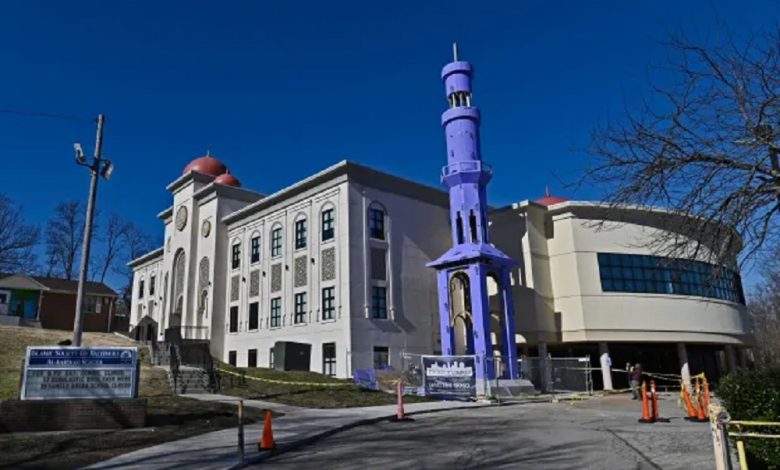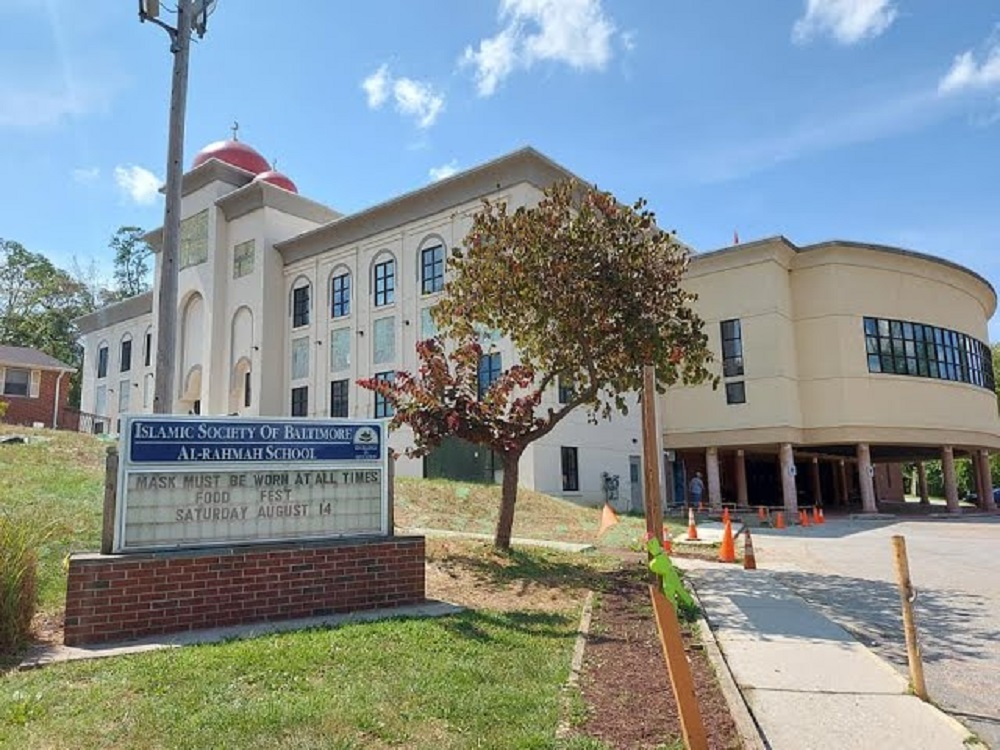Minaret Rising in Baltimore: The Muslim and Arab Community Strengthening Faith, Identity, and Belonging
From rising minarets to thriving neighborhoods, Baltimore’s Muslim and Arab residents are shaping a future rooted in faith, family, and community connection.

In Baltimore, faith and community intertwine beautifully. The sight of a new minaret rising above a local mosque stands as a powerful symbol of connection, completion, and cultural belonging. For Baltimore’s Muslim and Arab residents, it represents not only spiritual identity but also the community’s enduring contribution to the city’s social fabric.
Over the past few decades, Baltimore has witnessed a significant increase in its Muslim and Arab population. From early immigrant families establishing small businesses to second-generation youth shaping education and public service, the community continues to thrive. Their presence reflects a story of growth, perseverance, and deep roots in the city’s evolving identity.
Mosques as Community Anchors
Baltimore’s mosques are more than places of worship — they are community anchors. The Islamic Society of Baltimore (ISB), for example, serves thousands of worshippers every week and plays an essential role in social engagement, education, and outreach.
The minaret, often viewed as a beacon of faith, has also become a symbol of visibility and connection — signaling that Islam and Arab heritage are vital threads in Baltimore’s multicultural tapestry. Smaller mosques and centers, such as Masjid Al-Rahmah, Masjid As-Saffat, and Al-Falaah Center, offer programs for families, youth mentorship, and Arabic language education.
These spaces not only nurture spiritual growth but also provide community support — from food drives and counseling to interfaith dialogue and cultural education.

Cultural and Economic Contributions
The Muslim and Arab community’s influence extends far beyond religious spaces. Across Baltimore, Arab-owned restaurants, grocery stores, and halal markets bring authentic flavors and cultural traditions to the city’s dining scene. Popular spots like Aladdin Mediterranean Cuisine, Kabab Hut, and The Halal Guys are frequented by both Muslim and non-Muslim residents.
In business, healthcare, education, and public service, Muslim and Arab professionals continue to make important contributions. Many small business owners employ local residents, strengthening both economic growth and social cohesion.

A Symbol of Completion and Belonging
For Baltimore’s Muslims and Arabs, the sight of a rising minaret is more than architectural beauty — it’s a declaration of belonging. It reflects the journey from immigration to integration, from seeking acceptance to shaping the identity of the city itself.
As one local community leader said, “The minaret connects us not just to our faith, but to the city we call home.”



